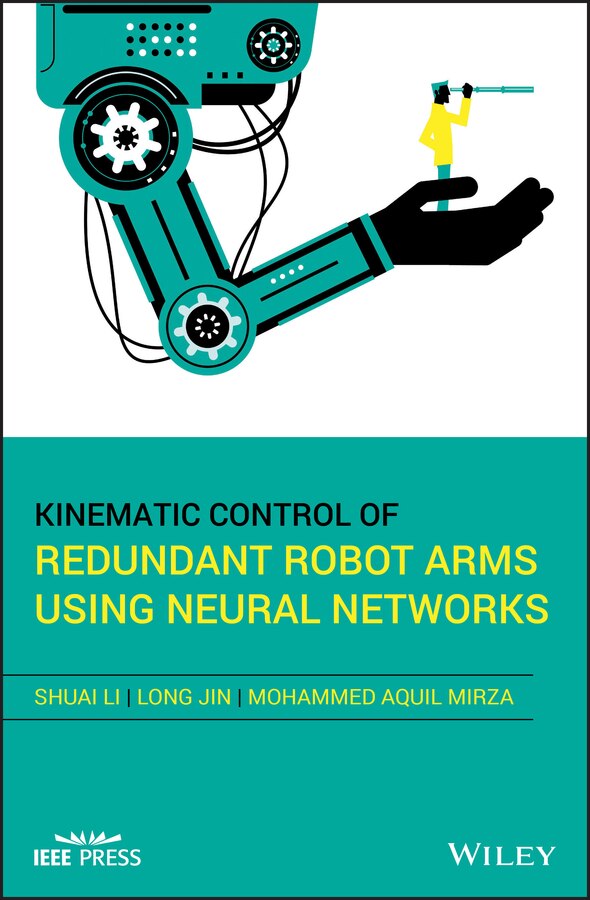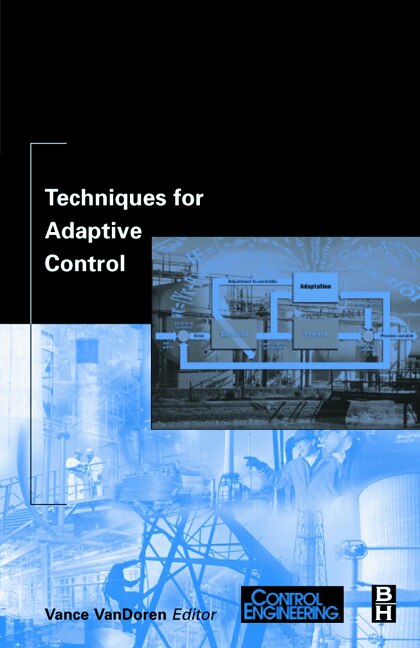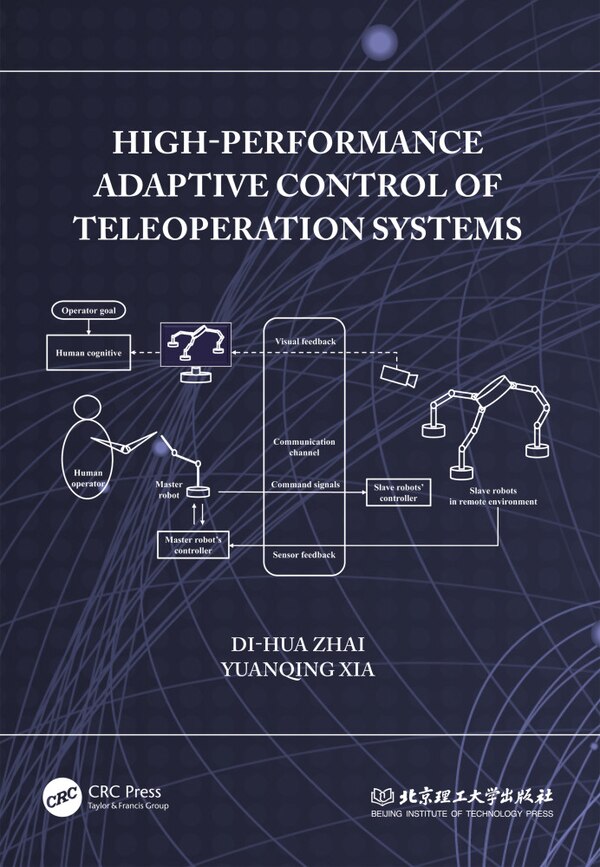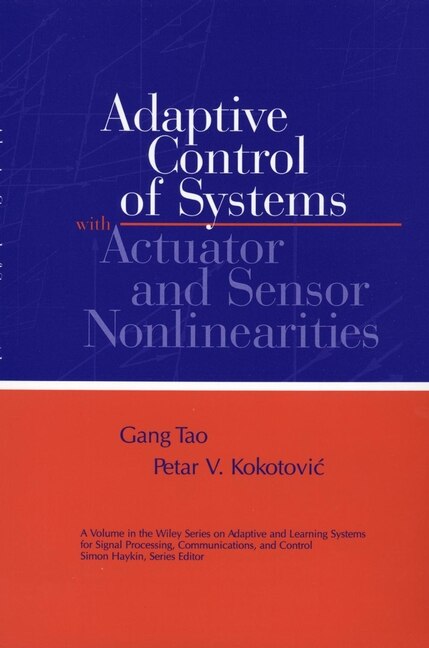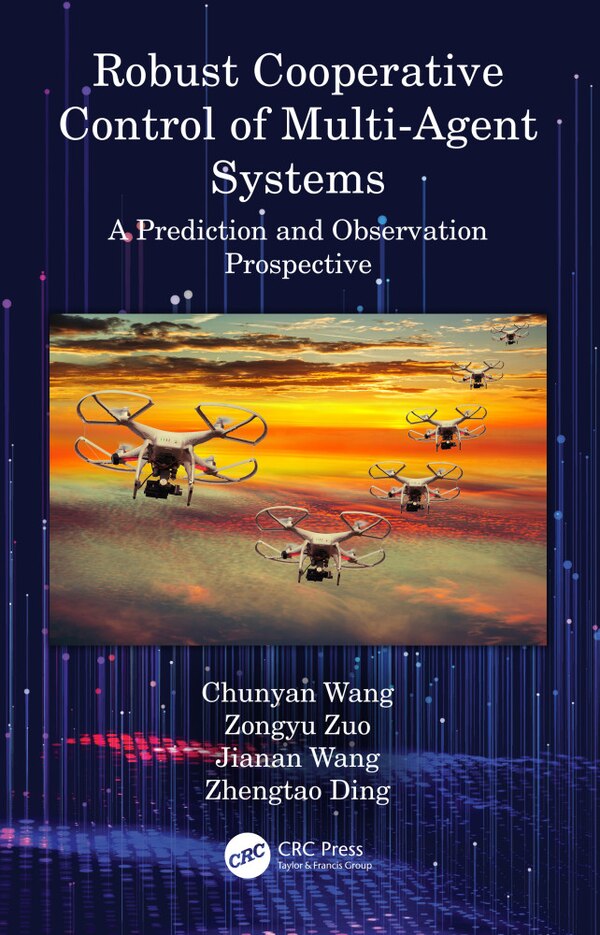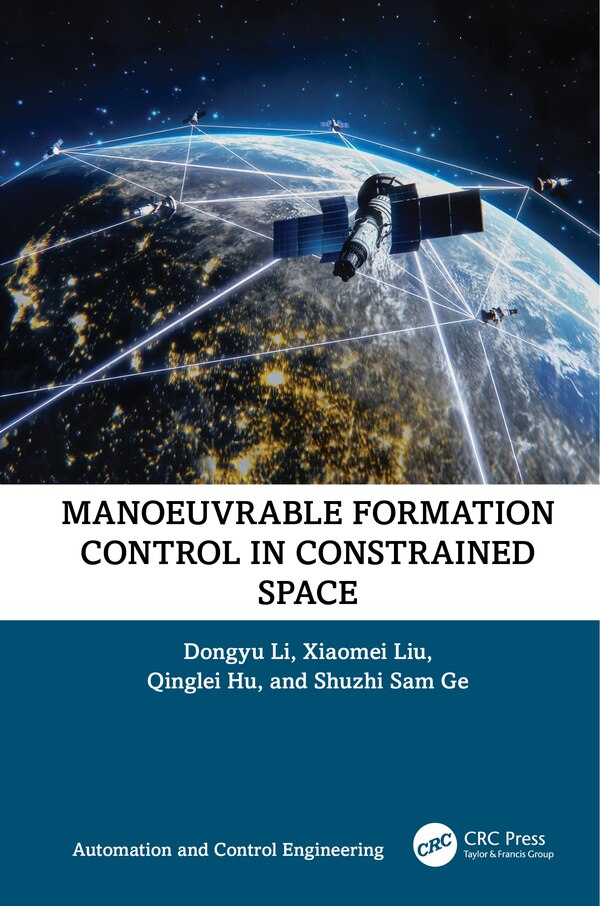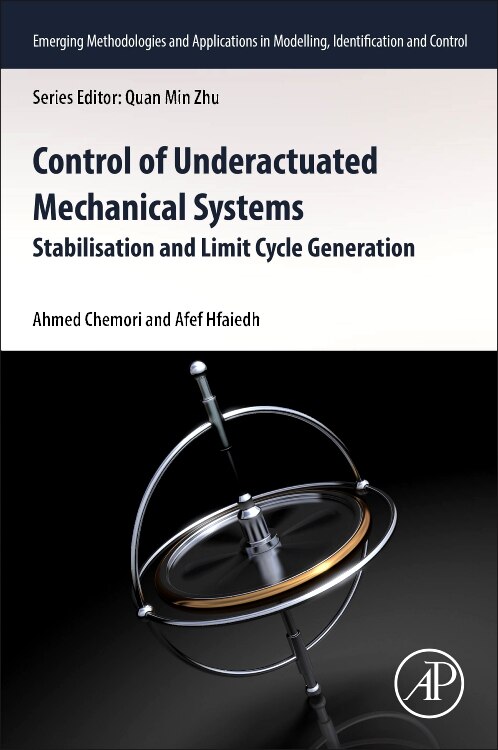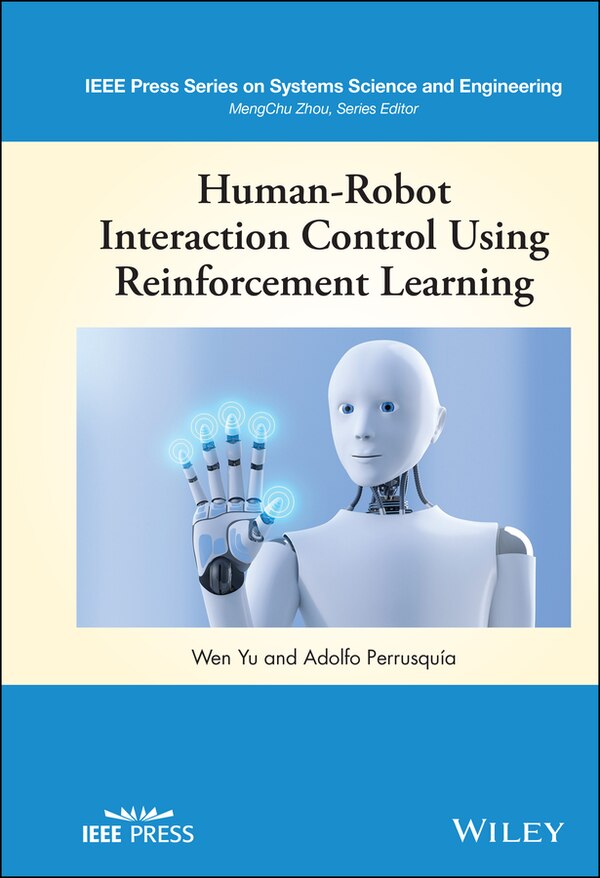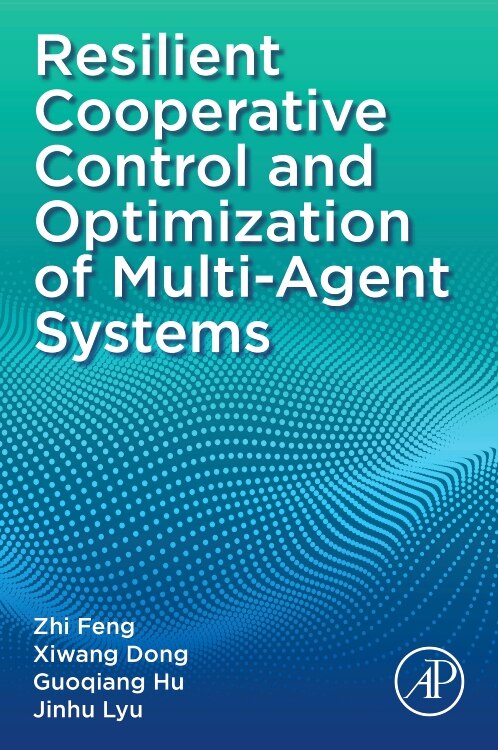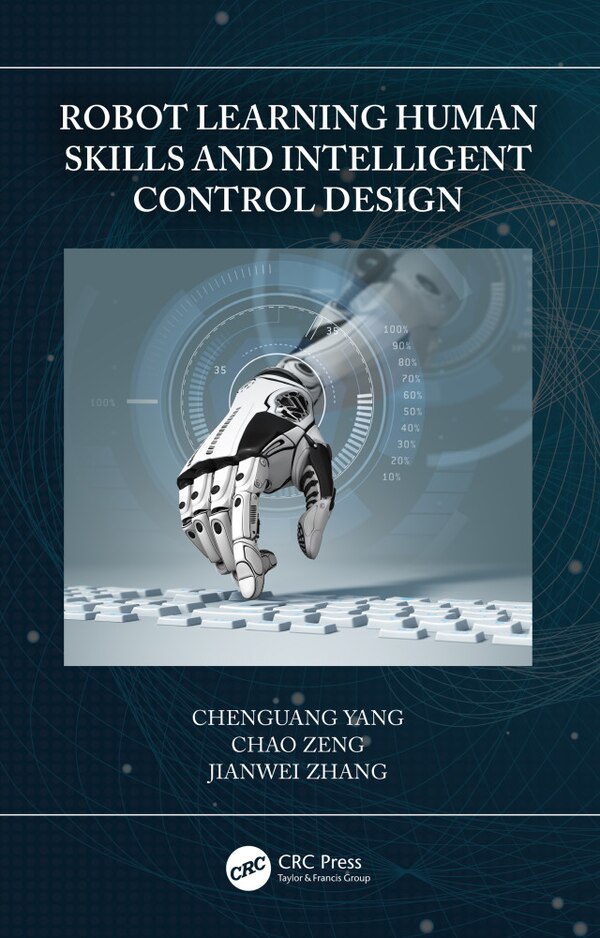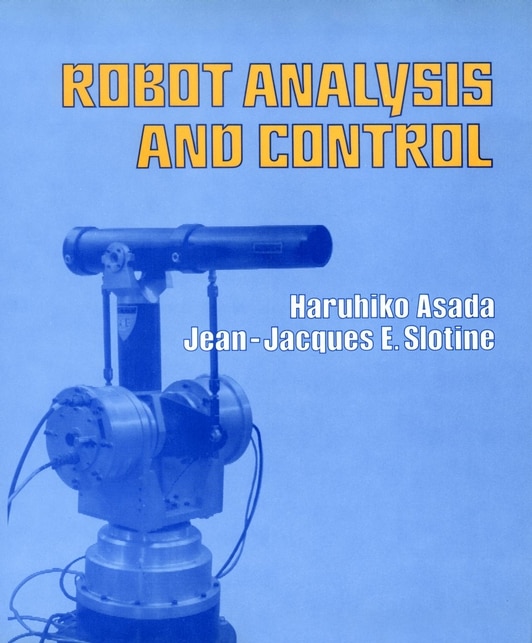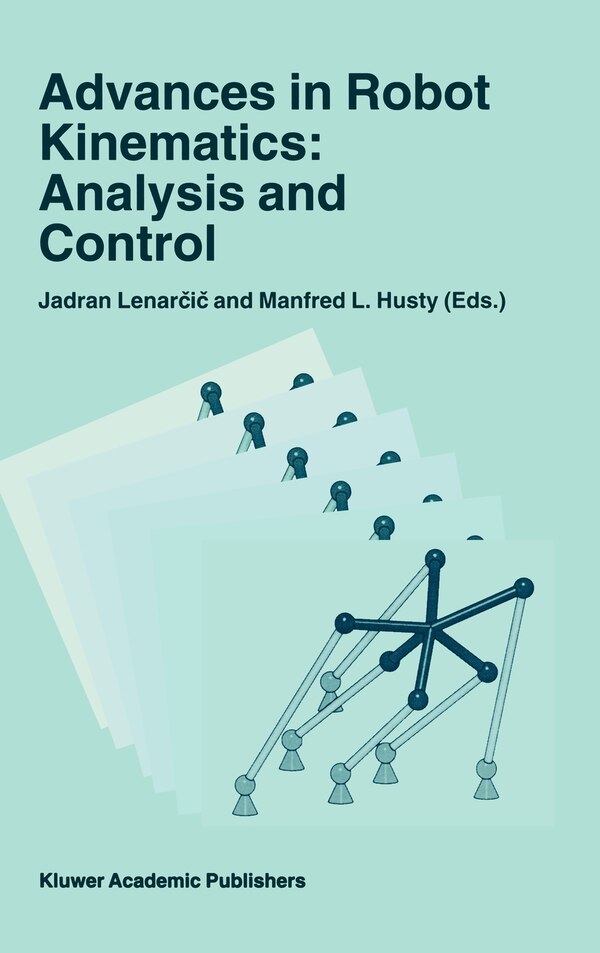Home
Experiments In Nonlinear Adaptive Control Of Multi-manipulator Free-flying Space Robots by Vincent Wei-kang Chen, Paperback | Indigo Chapters

Coles
Experiments In Nonlinear Adaptive Control Of Multi-manipulator Free-flying Space Robots by Vincent Wei-kang Chen, Paperback | Indigo Chapters
From Vincent Wei-kang Chen
Current price: $60.51
Loading Inventory...
Size: 0.55 x 9.69 x 1.04
*Product information may vary - to confirm product availability, pricing, and additional information please contact Coles
Sophisticated robots can greatly enhance the role of humans in space by relieving astronauts of low level, tedious assembly and maintenance chores and allowing them to concentrate on higher level tasks. Robots and astronauts can work together efficiently, as a team; but the robot must be capable of accomplishing complex operations and yet be easy to use. Multiple cooperating manipulators are essential to dexterity and can broaden greatly the types of activities the robot can achieve; adding adaptive control can ease greatly robot usage by allowing the robot to change its own controller actions, without human intervention, in response to changes in its environment. Previous work in the Aerospace Robotics Laboratory (ARL) have shown the usefulness of a space robot with cooperating manipulators. The research presented in this dissertation extends that work by adding adaptive control. To help achieve this high level of robot sophistication, this research made several advances to the field of nonlinear adaptive control of robotic systems. A nonlinear adaptive control algorithm developed originally for control of robots, but requiring joint positions as inputs, was extended here to handle the much more general case of manipulator endpoint-position commands. A new system modelling technique, called system concatenation was developed to simplify the generation of a system model for complicated systems, such as a free-flying multiple-manipulator robot system. Finally, the task-space concept was introduced wherein the operator's inputs specify only the robot's task. The robot's subsequent autonomous performance of each task still involves, of course, endpoint positions and joint configurations as subsets. The combination of these developments resulted in a new adaptive control framework that is capable of continuously providing full adaptation capability to the complex space-robot system in all modes of operation. | Experiments In Nonlinear Adaptive Control Of Multi-manipulator Free-flying Space Robots by Vincent Wei-kang Chen, Paperback | Indigo Chapters


